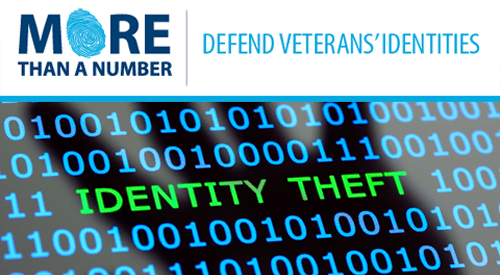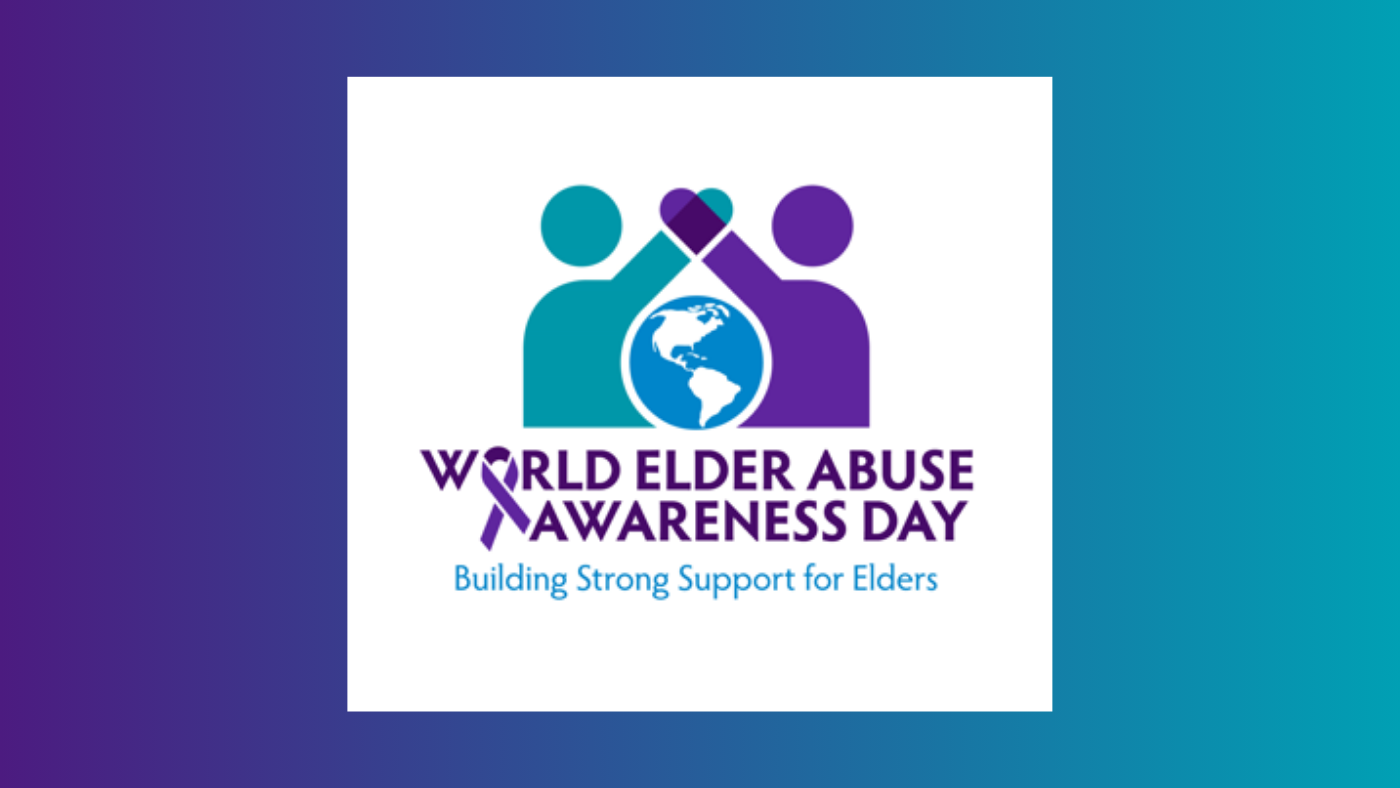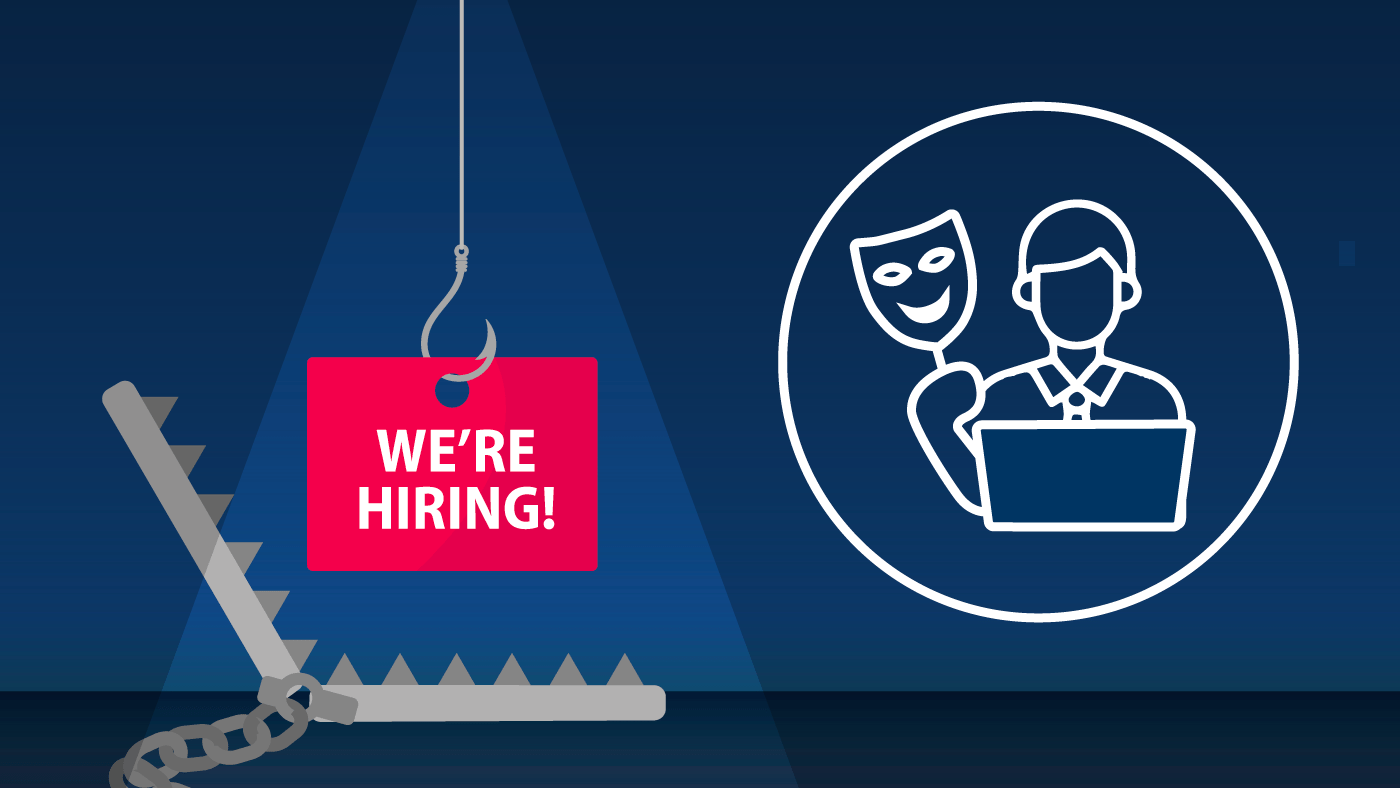Phishing is the attempt to acquire sensitive information such as usernames, passwords and credit card information, often for malicious reasons, by posing as a trustworthy entity in an electronic communication. This type of behavior is one of the ways that Veterans may become victims of identity theft.
While it is unfortunate that anyone would try to take advantage of a Veteran, tactics such as phishing are becoming more common. It is important to remain vigilant in screening unknown e-mails, social media messages and phone calls to avoid these threats and to recognize someone posing as VA or a Veteran service organization.
We’ve had Veterans share with us several emails recently purporting to be from VA’s vets.gov website and the Veterans Employment Center (VEC). As a reminder, neither vets.gov nor the VEC will ever ask for your personal information. In fact, VEC does not store resumes, addresses, phone numbers, dates of separation or any personally identifiable information. If you feel that someone is contacting you using various phishing tactics, it is important that you do not reply and instead report it immediately to VA’s Identity Safety Service.
VA’s “More Than a Number” identity protection program provides information to educate Veterans and their beneficiaries on how to protect themselves from identity theft, as well as how to combat identity theft tactics such as phishing. For more information please visit the More Than a Number website at www.va.gov/identitytheft . You will find there a wide range of information on identity theft, how to spot it, ways to prevent it and what to do if you suspect you have been made a victim. You can also browse through links to other useful identity theft resources from across the Web.
If you feel that you have been a victim of identity theft or if you suspect that your identity may have been compromised, please contact the toll-free Identity Theft Help Line created for Veterans and their beneficiaries. The toll-free number is 855-578-5492, open Monday-Friday from 8AM-8PM, EST. You can also e-mail your report to vaidtheft@va.gov.
About the author: This article was prepared by the VA Office of Information Security.
Topics in this story
More Stories
For Veterans especially, the risk of identity theft is high, as criminals target reoccurring monthly benefits payments. Bad actors utilize stolen privacy information to exploit VA benefits, health care and pensions.
Older adults are targeted with misinformation daily. In 2022, older adults reported losing more than $186 million to government imposter scams.
Learn how to not be the victim of VA impersonators.







Ya, Its about the hardest thing, Hardest thing ever Miss ya.
Yes there are groups that say they are Vietnam Vets on face book and I exposed them three time’s Yes I see people every week saying who they are not!.Don’t give them money to check something out for for your service .It’s free.Call your service officer